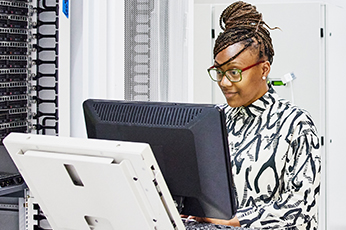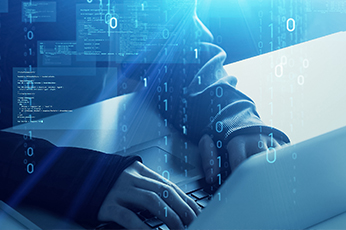Striking personal computer networks as well as those in the workplace, attacks by motivated and diligent cybercriminals continue to be a major concern for consumers, financial institutions, healthcare systems and other organizations. This makes keeping data systems and consumers safe a top priority for cyber security professionals.
In this article we will explain why cyber security awareness is critical and outline some cyber security tips that you can use to help prevent yourself or your organization from becoming the next victim of cybercrime.









